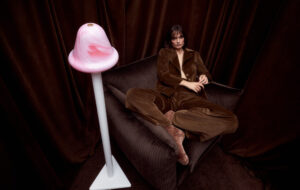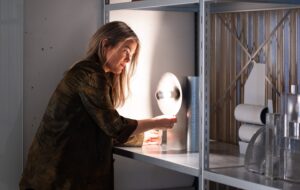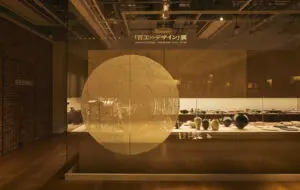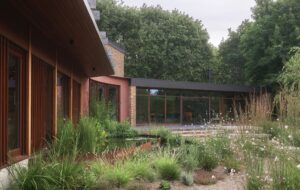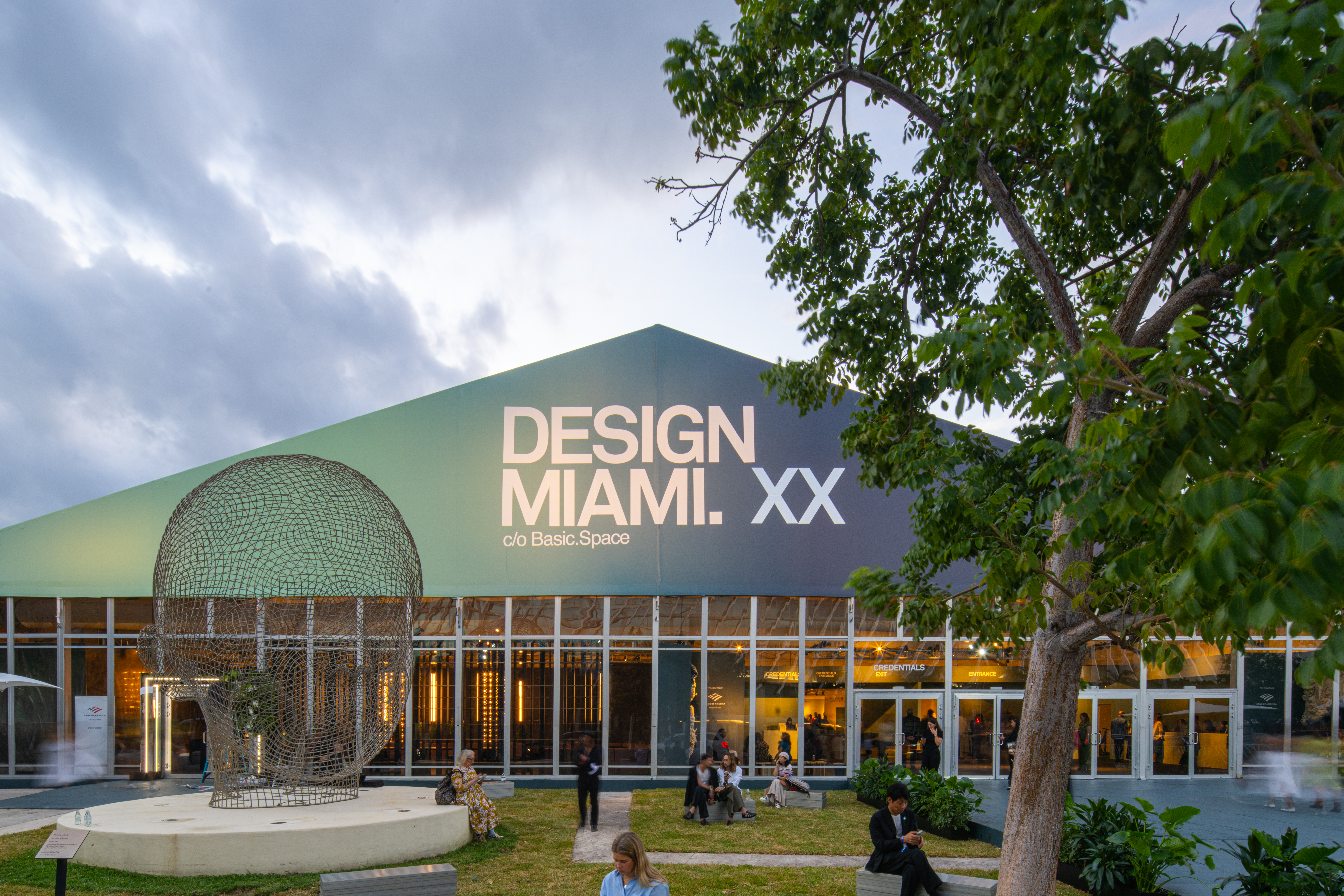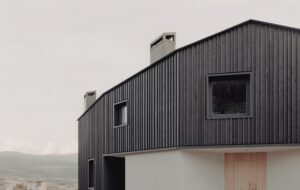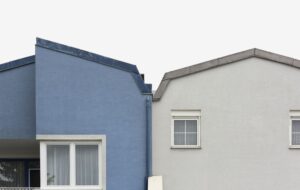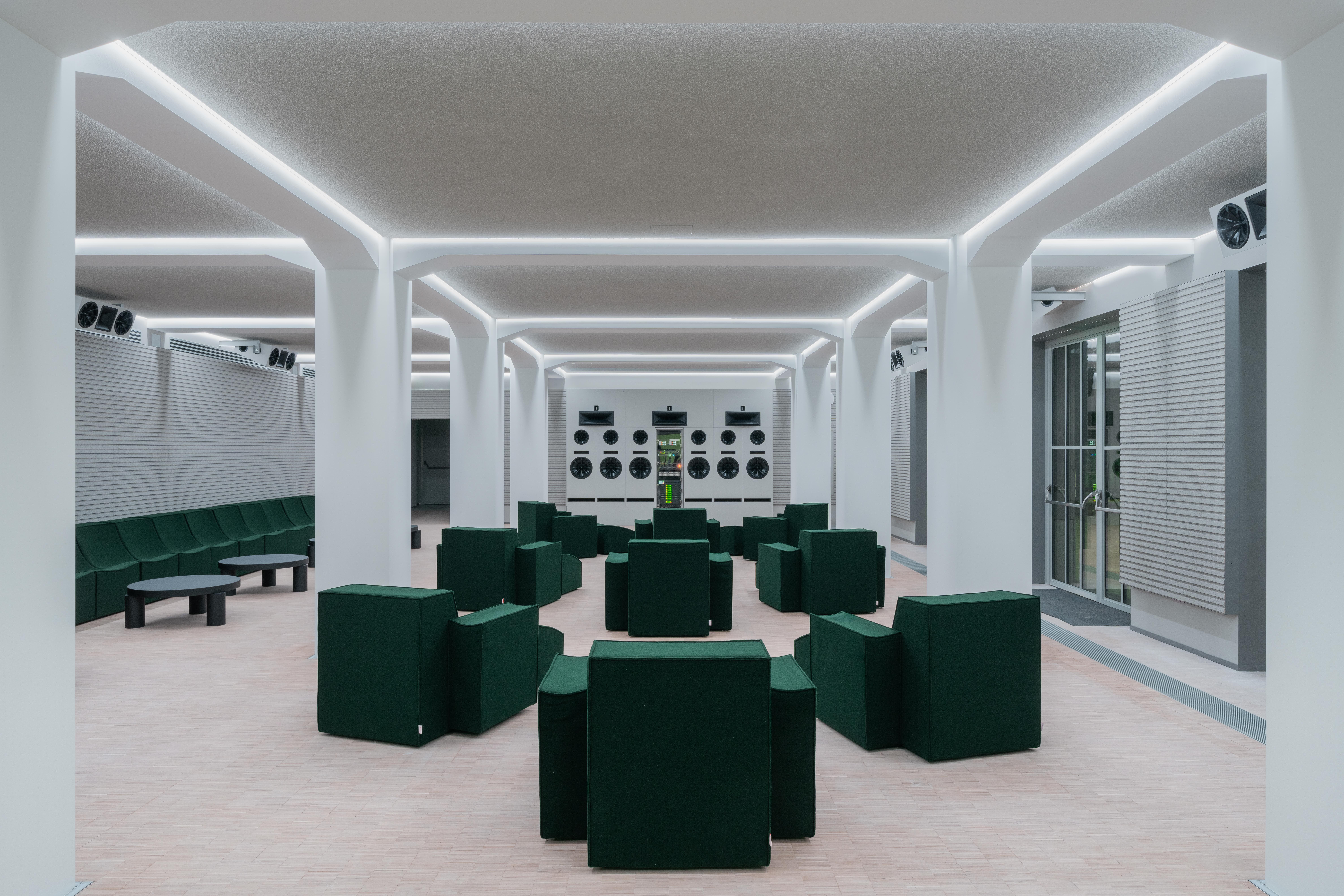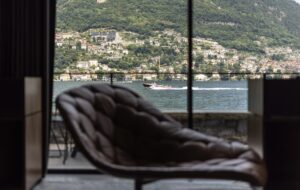In an interview with David Woollcott, the CEO of Australian furniture brand King Living, ICON gained an insight into the company’s growth plan and its considered approach to design
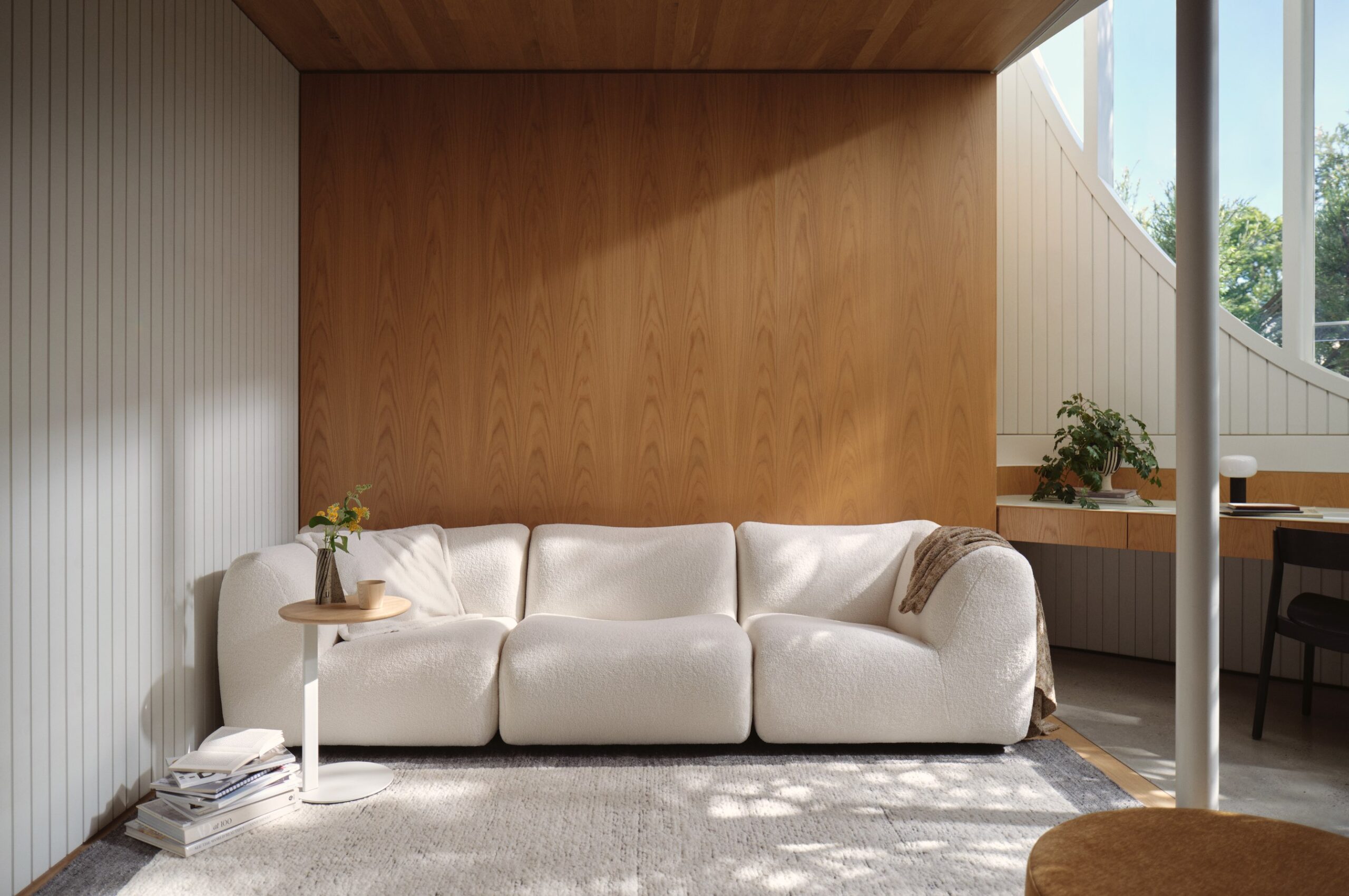 Founded in Australia, King Living has been expanding into other regions over the last decade with its recent openings in the US and a third showroom set to launch in London this year. Photography by King Living
Founded in Australia, King Living has been expanding into other regions over the last decade with its recent openings in the US and a third showroom set to launch in London this year. Photography by King Living
Words by Roddy Clarke
Since its inception in 1977 by Gwen King and her son David, King Living has become a renowned design brand across Australia. Expanding outside of the country’s borders a decade ago, the company has been actively looking to engage a wider global audience and is doing just that with the opening of its first US showroom and a new London showroom also due to open later this year. Thanks to its effortless blending of a minimal, Scandi-inspired aesthetic and the relaxed alfresco comfort created for Australia’s outdoor lifestyle, the brand is garnering attention from design lovers across the world. However, while the beauty and quality of each piece is clear to see, the mindful production and circular principles that underpin them is resonating even more.
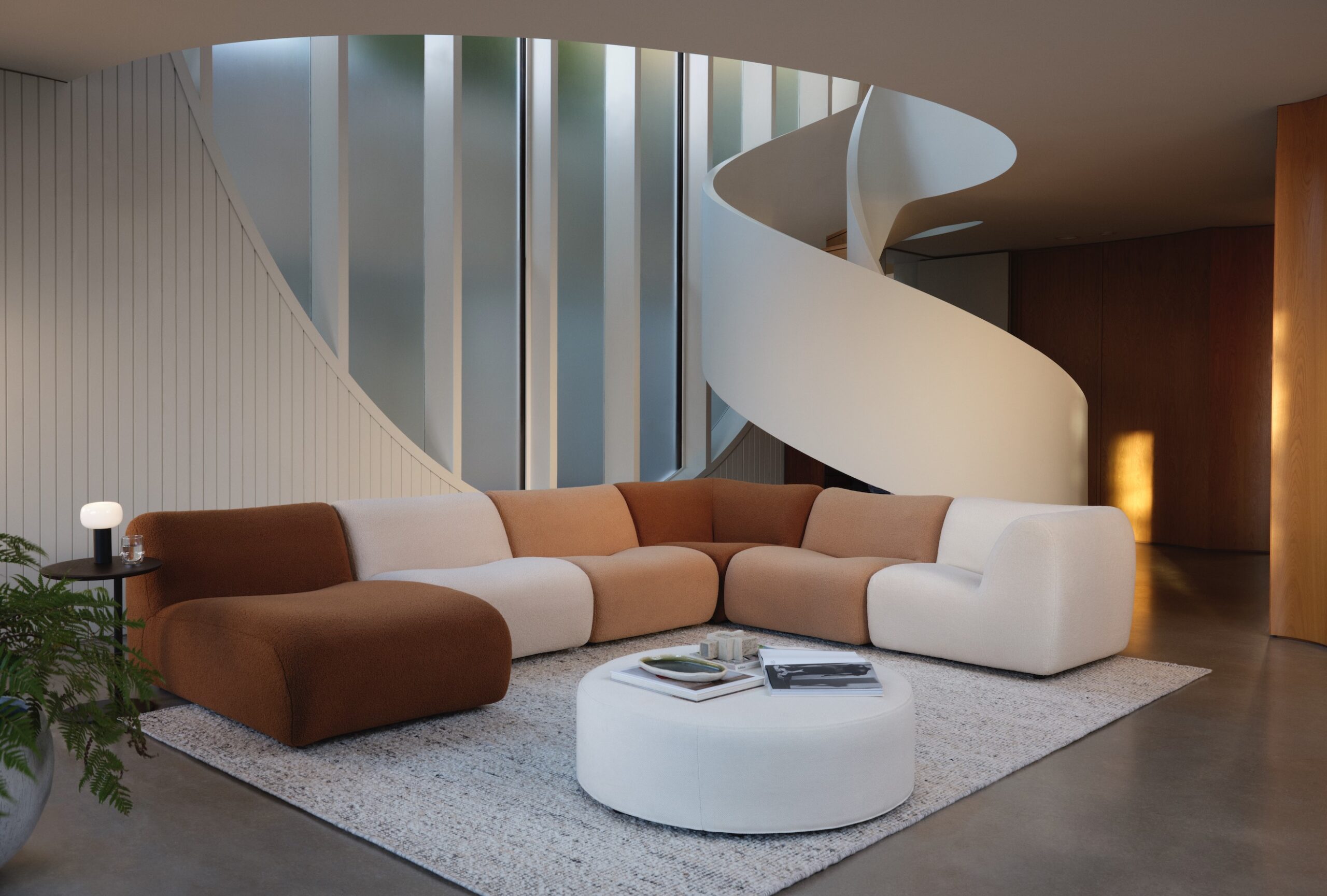
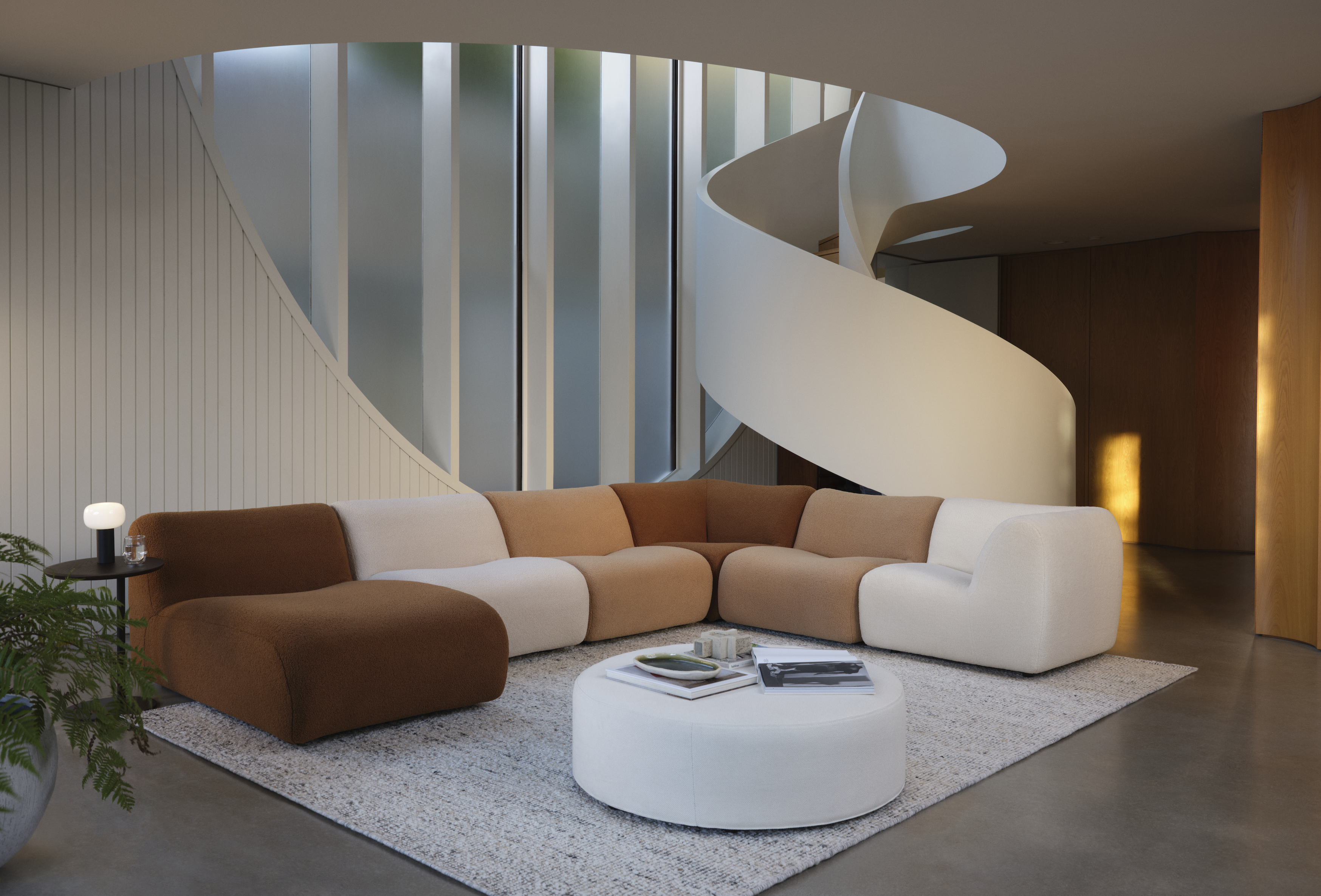 The 1977 Sofa by King Living was the company’s original design and is a modular sofa with loose-cover upholstery. Photography by King Living
The 1977 Sofa by King Living was the company’s original design and is a modular sofa with loose-cover upholstery. Photography by King Living
Speaking with David Woollcott, the company’s CEO who recently joined the company, this sustainable approach to design was inherent from King Living’s early days nearly 50 years ago. ‘Driving through the streets of Sydney in the 70’s, David King was appalled by the broken furniture he saw piled up for rubbish collection,’ he explains. ‘He decided to address the issue by creating furniture that was designed to last and that could adapt and change with the customer’s needs over time.’ Starting with the 1977 sofa, an oversized, modular foam structure that is upholstered with an easy-to-remove loose cover, King and his mother began selling the designs at market stalls across Sydney. Manufacturing directly from their home, they prioritised values of durability and longevity which connected with their audience, allowing them to expand and move into a stand-alone factory some years later. ‘He was often told as a child not to sit on the arm of a sofa,’ Woollcott continues. ‘So, he set out to integrate a steel frame within the sofa to ensure it had the durability for this. He was one of the first to create a steel-framed sofa.’
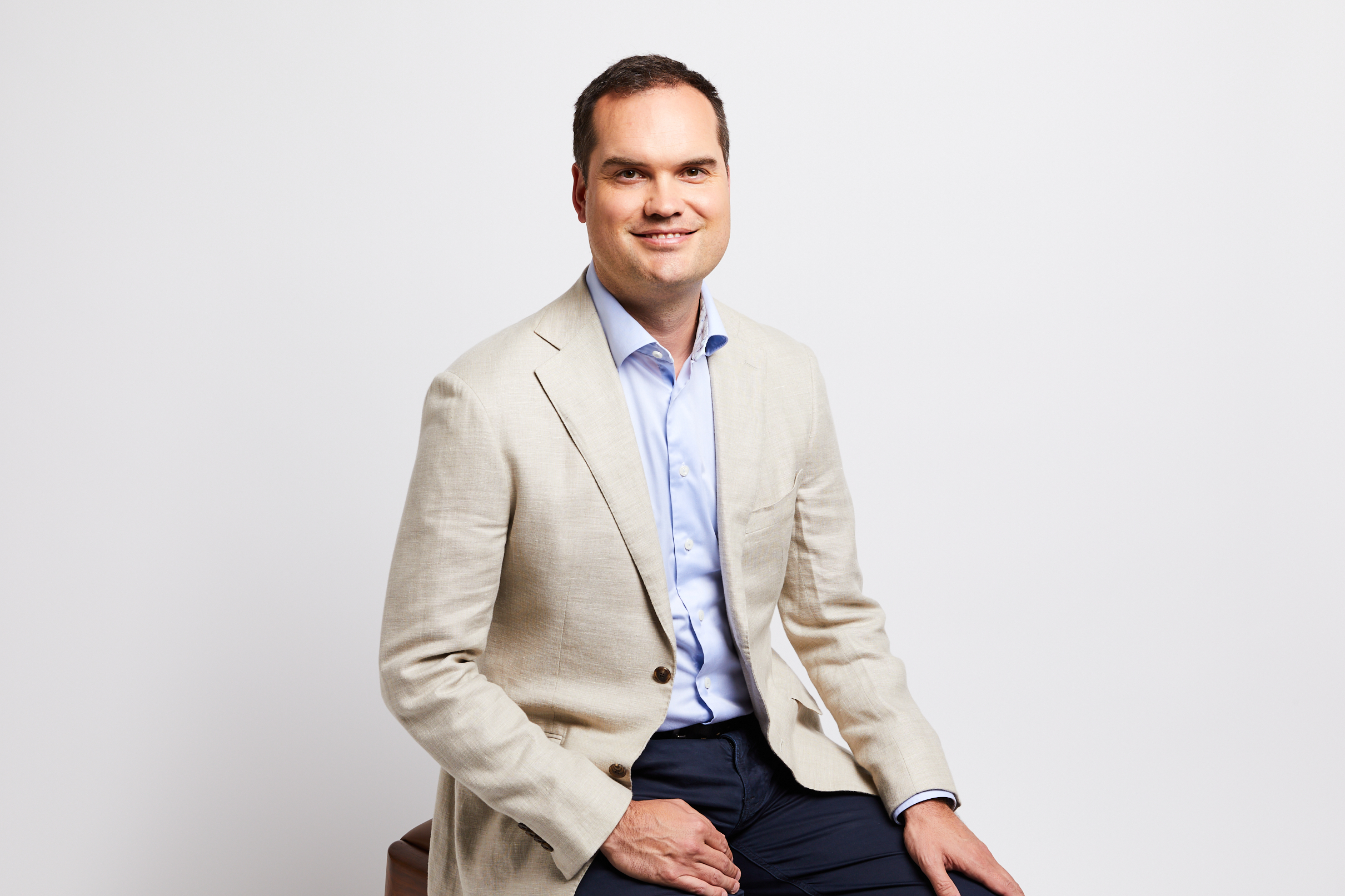 David Woollcott, the company’s CEO, recently joined after leadership roles at Fisher & Paykel and Miele. Photography by King Living
David Woollcott, the company’s CEO, recently joined after leadership roles at Fisher & Paykel and Miele. Photography by King Living
Alongside the need for long-lasting furniture, King also understood that needs and requirements change over time. In designing with a component-led approach, the modularity of the sofas offers added versatility for the user. Not only can the configuration be adapted, but the covers are also easily removable making them suitable for washing, repair or replacement if needed – through the ‘King Care’ service. Alongside this, the company also offers a take-back scheme in which your old sofa can be recycled – another commitment to divert as much from landfill as possible. And, with the opening of an outlet store in Sydney, returns and products with minor imperfections offer more accessibility for customers while again helping to close the loop on the manufacturing cycle.
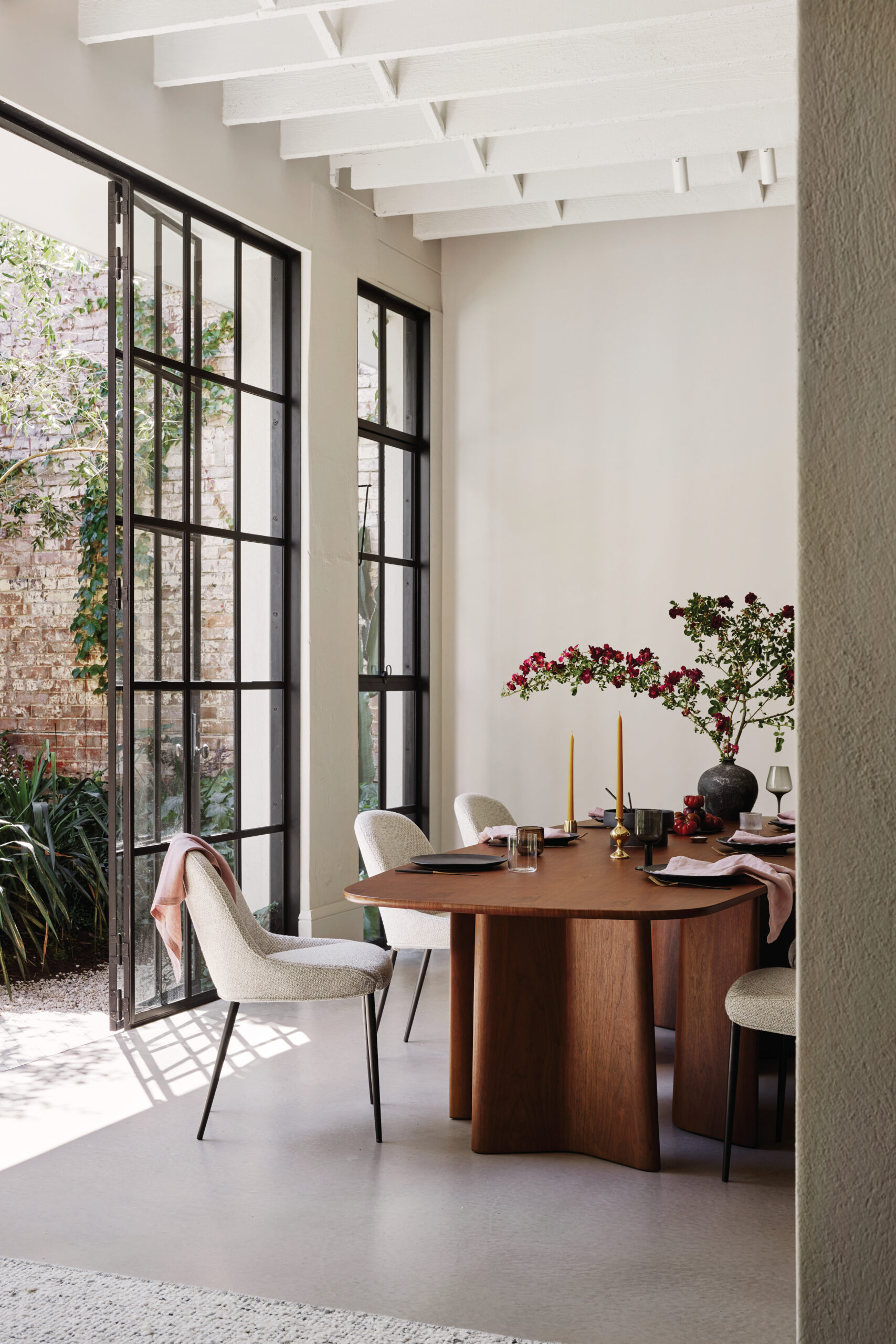 Alongside its soft furnishings, the company also offers a range of furniture and accessories for the home. Photography by King Living
Alongside its soft furnishings, the company also offers a range of furniture and accessories for the home. Photography by King Living
With the company continuing to expand, it now has three factories in China and Thailand and Australia. ‘We own all of our factories which gives us control of the entire production process,’ Woollcott says, stating the company’s strength lies in its vertical integration. ‘When we scale further into Europe and the USA we will be looking for new manufacturing locations within these regions to ensure our logistical footprint is minimised as much as possible.’ Alongside the recent opening of its US showroom in Orange County, the company’s third London showroom will open in White City later this year. ‘As we don’t have shareholders and aren’t listed, we don’t have to meet a certain number of openings or growth figures and that gives us the freedom to make decisions that work for us,’ he explains. ‘While we think we can have the highest number of store openings we’ve ever had over the next decade, we wait for the best possible properties once we have decided on a location. Property is extremely important for us as it is critical to ensure the space and location gives the right accessibility to our customer.’
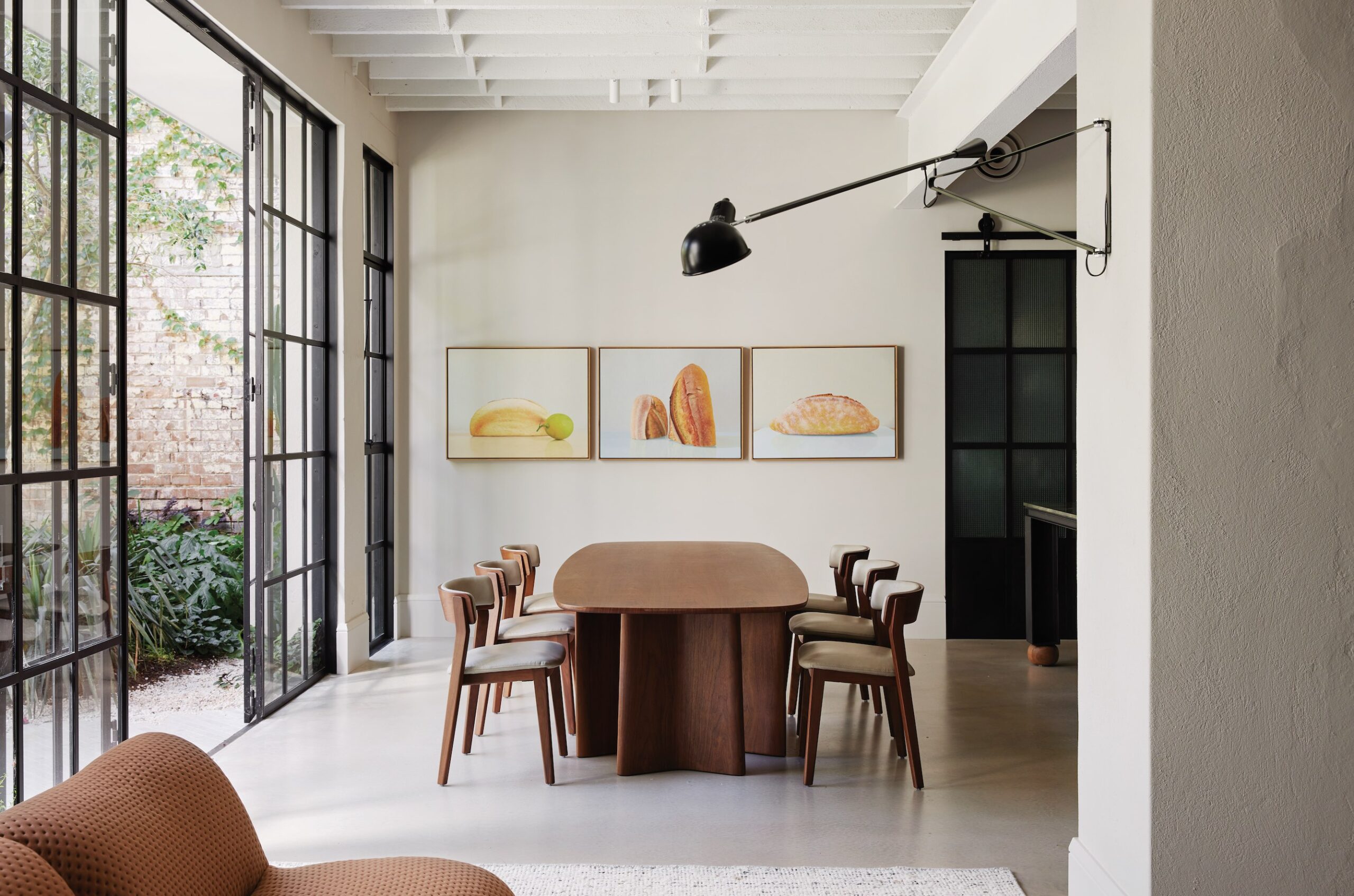
 Originally suited for the indoor-outdoor lifestyle of Australia, the company’s classic design aesthetic is resonating with audiences all over the world. Photography by King Living
Originally suited for the indoor-outdoor lifestyle of Australia, the company’s classic design aesthetic is resonating with audiences all over the world. Photography by King Living
After previous leadership roles in organisations such as Fisher & Paykel and Miele, Woollcott says how his brief from David King was to help him build a 100-year business. ‘We’re thinking really carefully about the next 50 years as the philosophy is we’re here forever,’ he says. ‘Through implementing a growth plan, I will be focusing on people, IT and systems but also actively working on the culture. To attract the right talent, it must be a two-way company to ensure it not only offers great opportunity but also works for its employees. We have a lot of long-term staff that have been with the company, and this is centred around its family ethos and the strong fundamentals that set the brand apart. This will be something I continue to nurture.’ With a commitment to sustainable growth evident, it will be an exciting journey to witness while seeing the laidback elegance of its products find their place in homes all over the world.
Get a curated collection of design and architecture news in your inbox by signing up to our ICON Weekly newsletter



